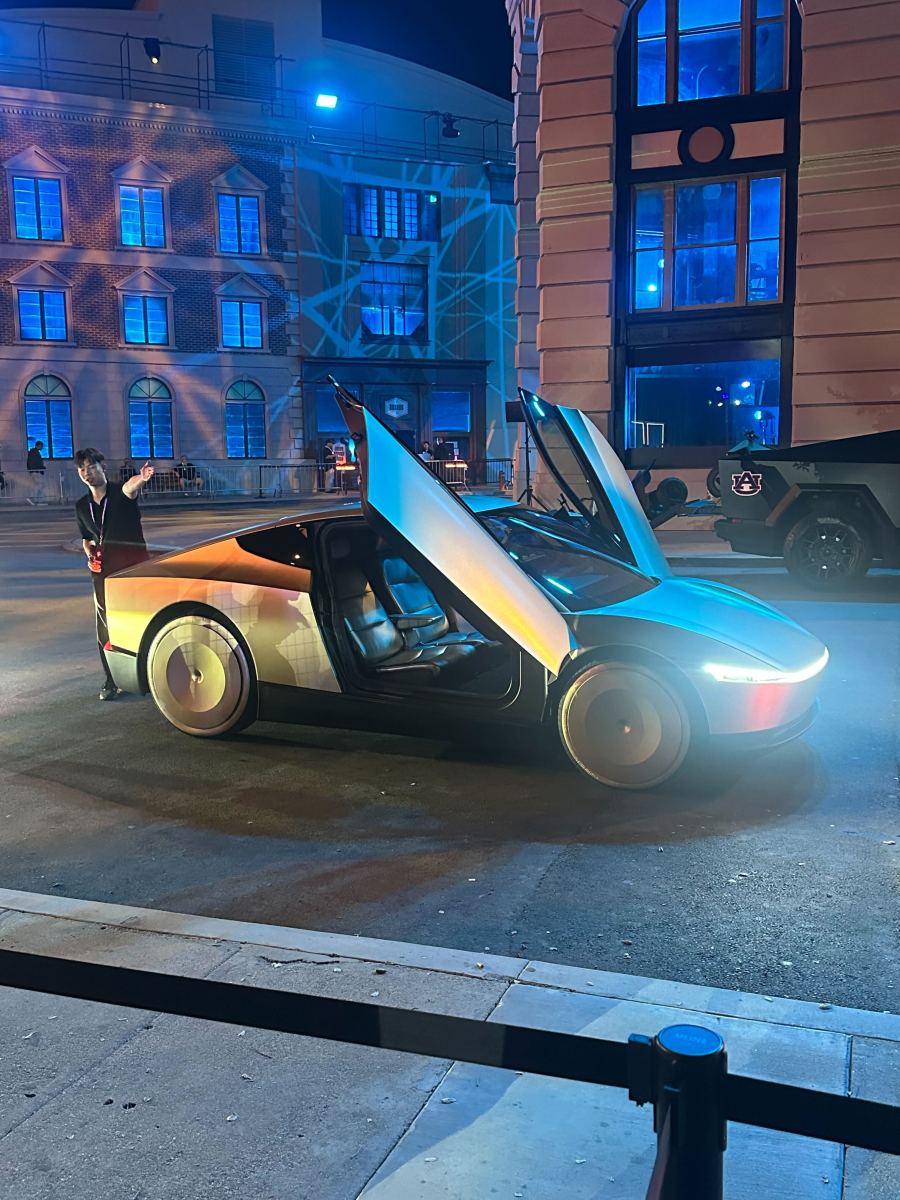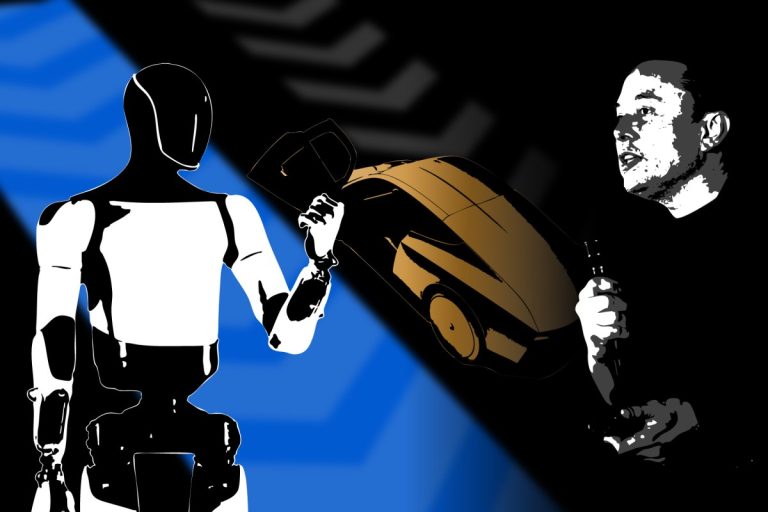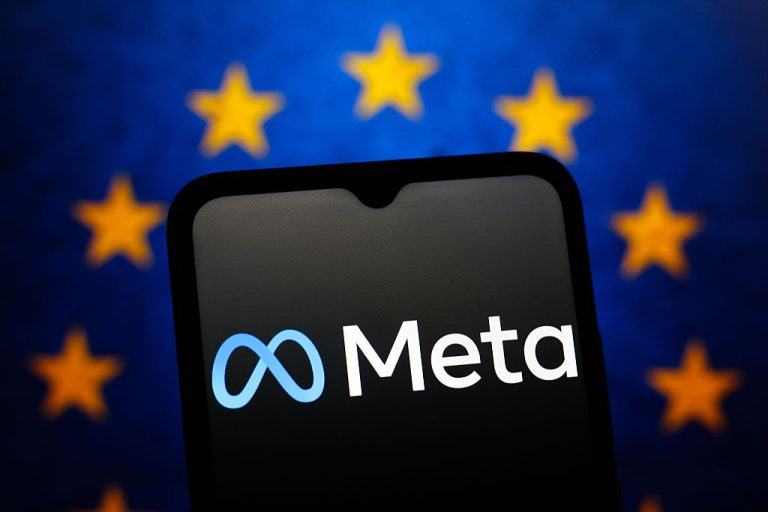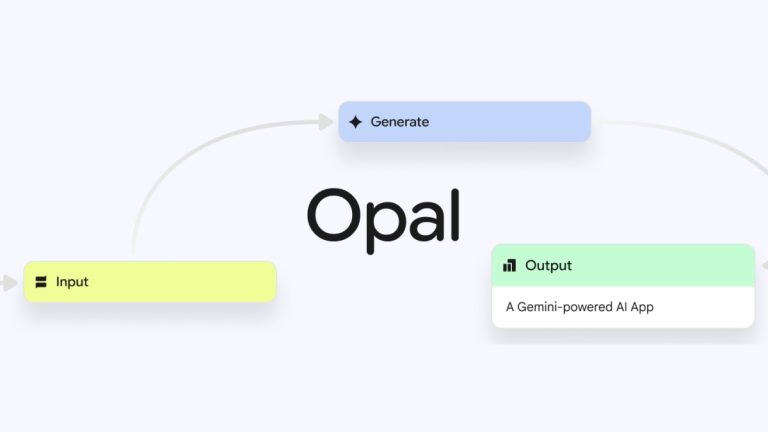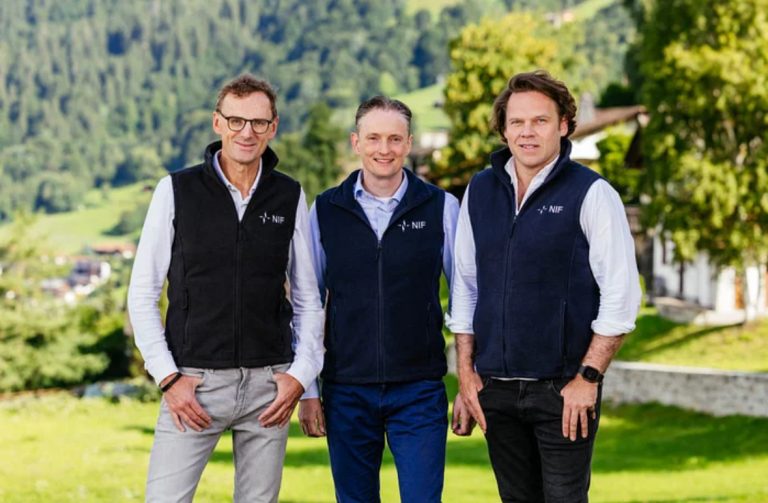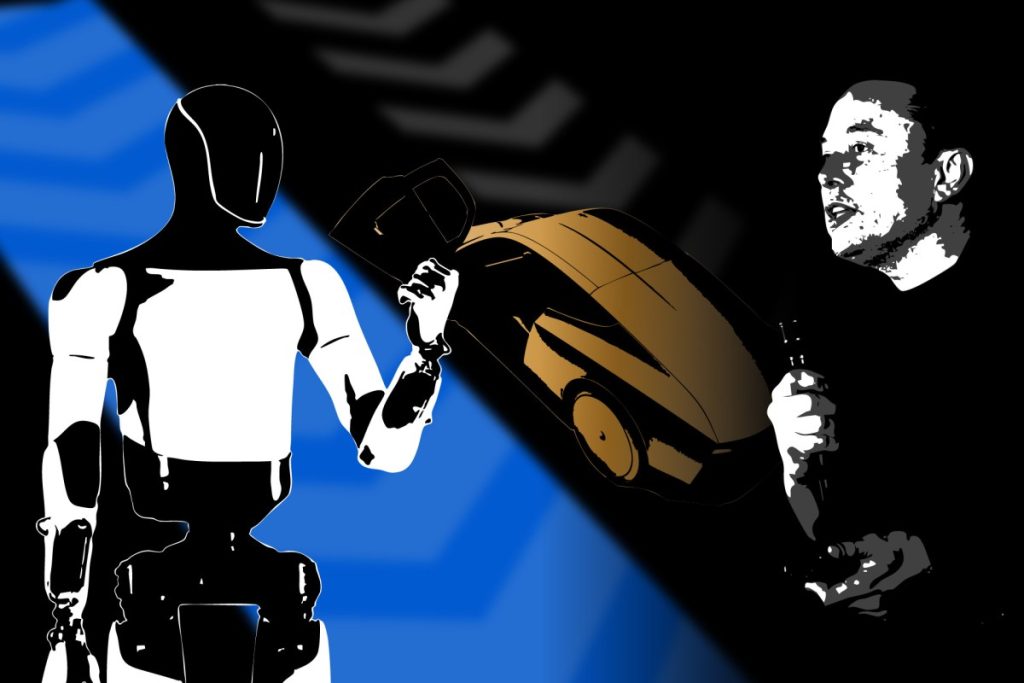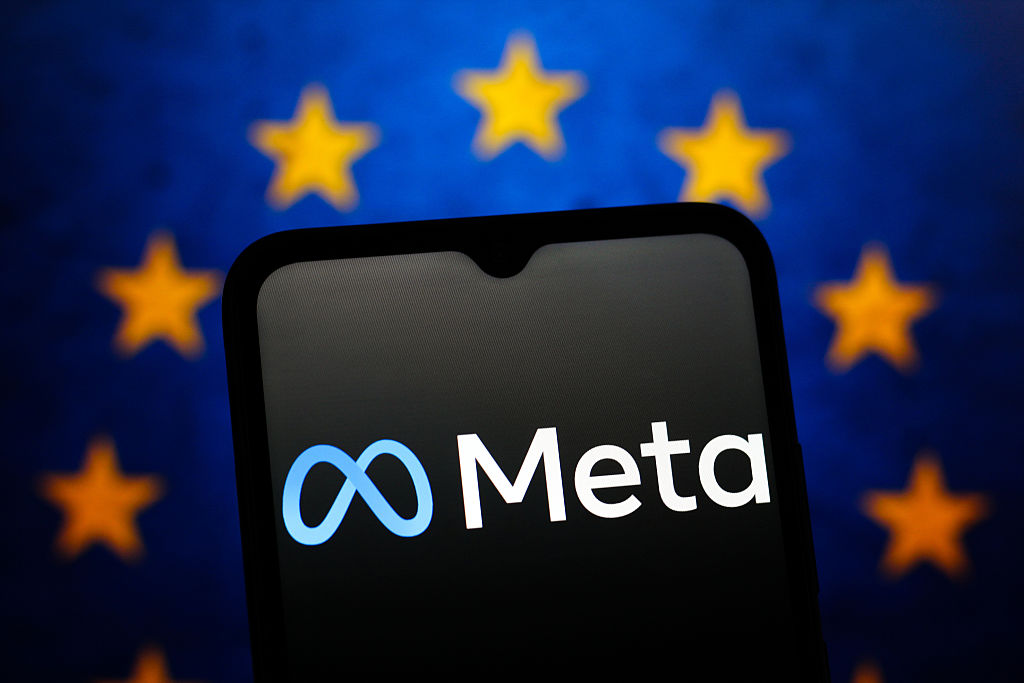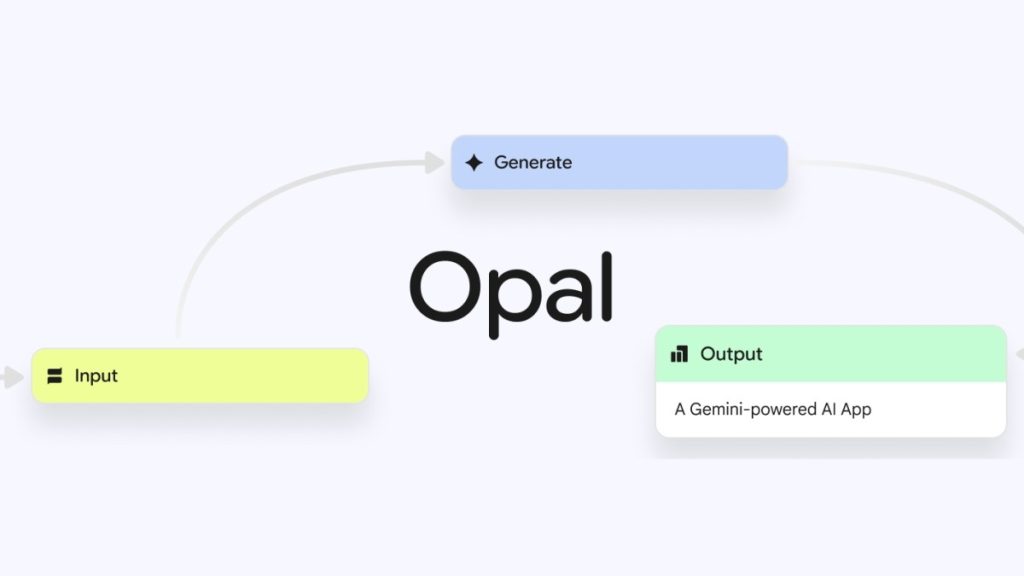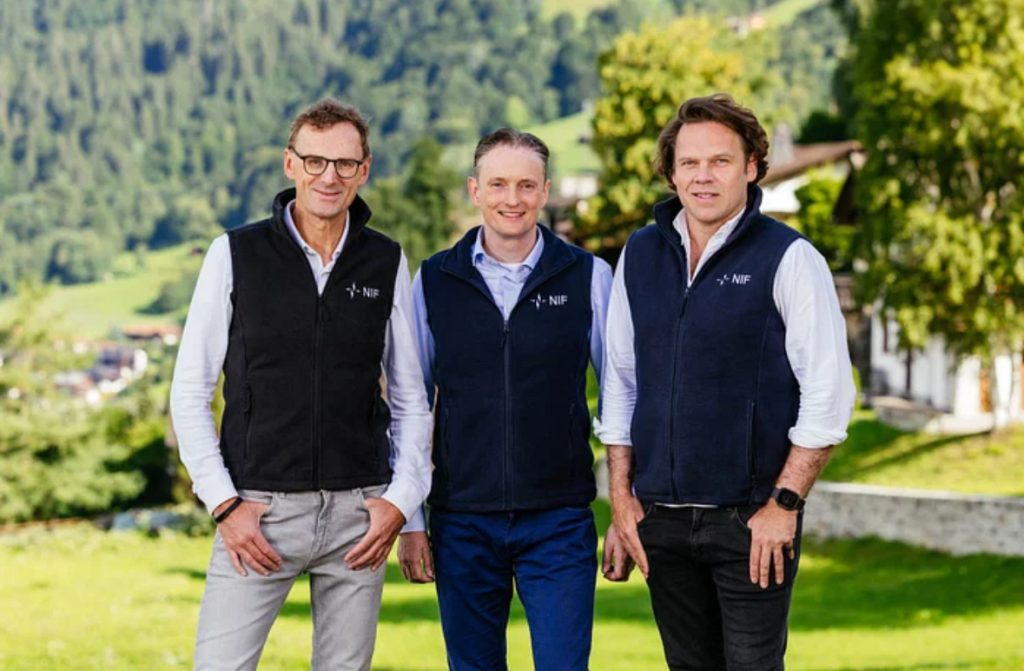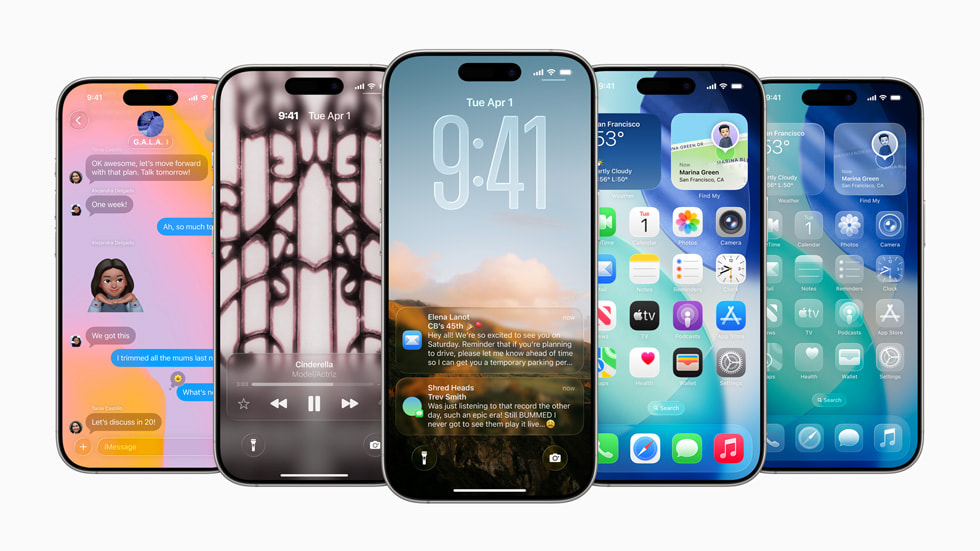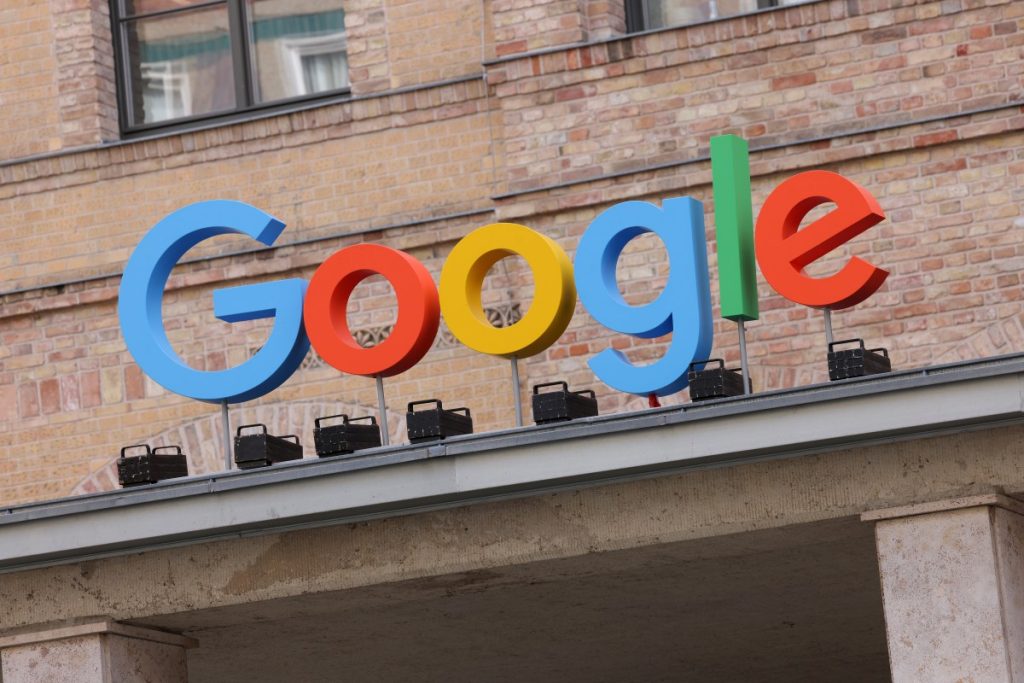This week brought significant developments in the mobility sector, from leadership changes to regulatory challenges and global trade impacts. Aurora, the autonomous trucking company, faced a surprising shift as co-founder Sterling Anderson stepped down from his role as chief product officer and board member. While Anderson cited an “exciting external opportunity” as his reason for leaving, Aurora continues to push forward with plans to expand its driverless truck operations into nighttime driving, adverse weather conditions, and new routes across Texas and Arizona by late 2025.
Meanwhile, Tesla encountered setbacks in its trademark ambitions. The U.S. Patent and Trademark Office rejected the company’s application for “Robotaxi,” deeming the term too generic, while “Cybercab” faced hurdles due to existing trademarks. These roadblocks come ahead of Tesla’s anticipated June launch of its robotaxi service.
Trade tensions between the U.S. and China continued to ripple through the automotive industry. Chinese EV maker Zeekr, backed by Geely, is moving toward privatization following threats of delisting from U.S. exchanges. Ford and GM withdrew annual guidance, citing economic uncertainty tied to tariffs, while Rivian adjusted its delivery forecasts downward due to rising costs. Ford also raised prices for its Mexico-built Mustang Mach-E and Maverick models in response to import taxes.
In the autonomous vehicle space, Uber deepened its investments, injecting $100 million into China’s WeRide to expand robotaxi services across 15 cities and acquiring an 85% stake in Turkey’s Trendyol Go. Waymo, meanwhile, revealed plans to scale production with a new Arizona factory, aiming to build over 2,000 autonomous Jaguar I-Pace vehicles. Zoox temporarily halted testing after a Las Vegas crash, issuing a software recall to address safety concerns.
Electric vehicle startups faced mixed fortunes. Lucid Motors reported early “hiccups” in delivering its Gravity SUV, while Mitsubishi explored sourcing EVs from Foxconn for markets in Australia and New Zealand. Joby Aviation adjusted its timeline for commercial eVTOL services, now targeting 2026 for launch.
Deal-making remained active, with DoorDash securing a $3.87 billion acquisition of Deliveroo and a $1.2 billion purchase of SevenRooms to bolster its restaurant-tech offerings. Battery software startup Breathe raised $21 million in Series B funding, and Bosch Ventures announced a $270 million fund focused on North American deep tech investments.
As the industry navigates regulatory headwinds and technological challenges, companies are doubling down on partnerships, acquisitions, and strategic pivots to stay competitive in an evolving mobility landscape.

